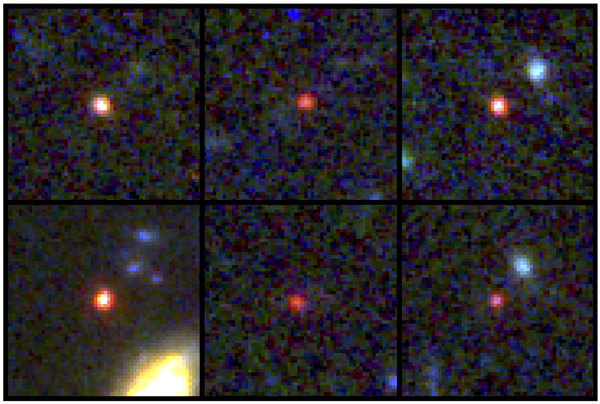 |
| February 23, 2023 |
 |
| |
| |
| |
| |
| |
| |
| |
| |
FROM THE STORE
 | | Existence and Other Questions: Selected Works of John Horgan Does free will exist? Is the Schrödinger Equation True? How does matter make a mind? In his Scientific American column, John Horgan takes a scientific approach to exploring mysteries such as these, and in this eBook, we collect some of his most thought-provoking work on consciousness, quantum mechanics, the science of psychedelic drugs and more. |  | | |
FROM THE ARCHIVE
 | | | |
| |
| |
LATEST ISSUES
 |
| |
| Questions? Comments?  | |
| Download the Scientific American App |
| |
| |




